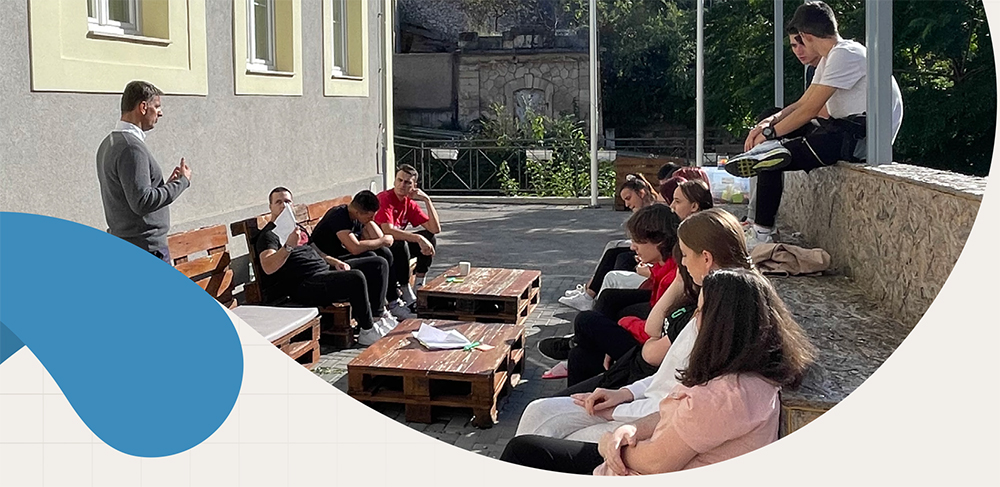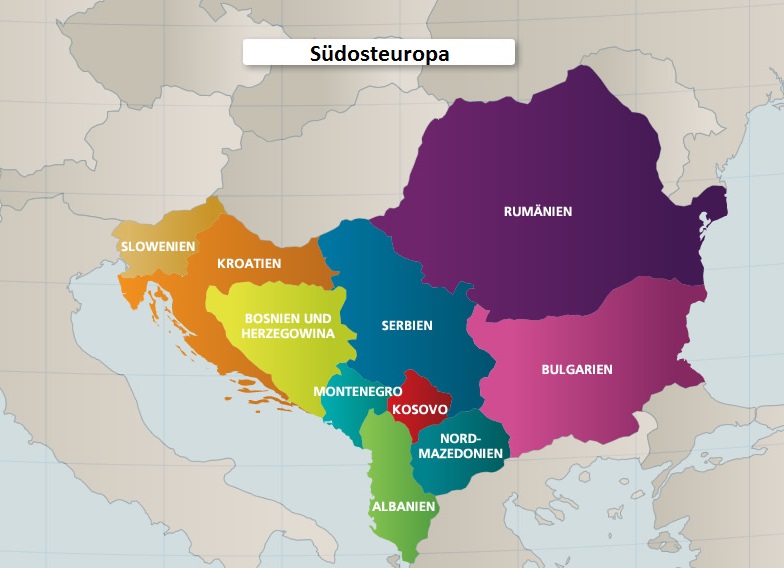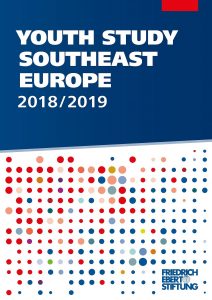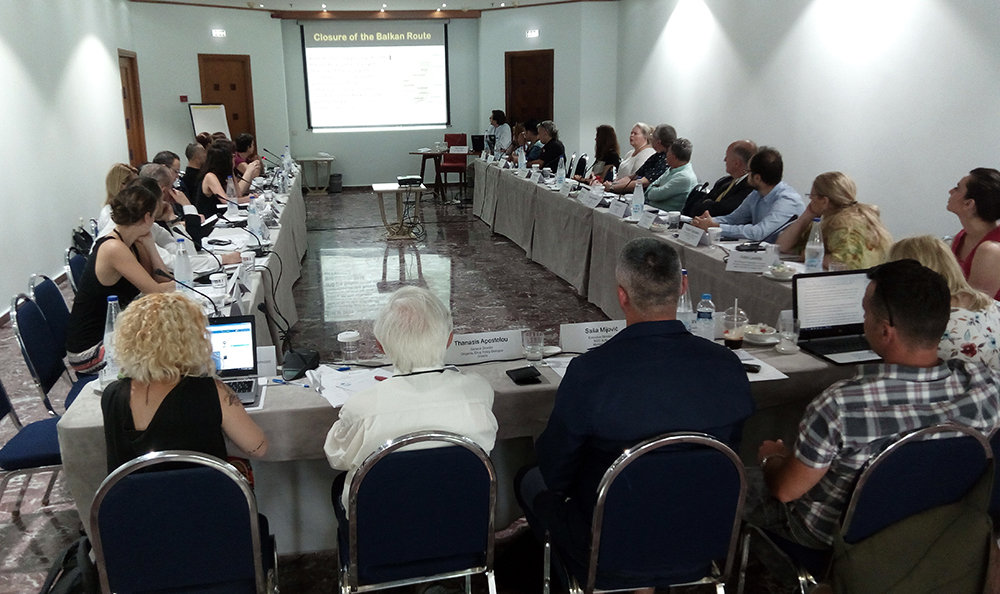Photo © Klub MASA Mostar
Across the Western Balkans, young people are engaged in or vulnerable to a variety of organized criminal activities, including the cultivation and trafficking of drugs, sex work, trafficking in human beings, extortion and car theft or as foot soldiers for criminal groups. Others decide to leave the country irregularly, are smuggled abroad and get involved in criminal activity, particularly in the EU.
What is the role of Western Balkan youth in organized crime? What factors make them vulnerable? What can be done to get them off the escalator of crime and prevent recidivism?
Although youth in the Western Balkans are exposed to and engaged in organized crime, civil society organizations (CSOs) either run by or working with them can be key sources of community resilience. Youth, generally accepted as people between the ages of 15 and 29, should be considered as an asset rather than a problem: a source of energy, innovation and courage, as well as fresh ideas and approaches to strengthen integrity and reduce the risk posed by organized crime.
The Strengthening resilience of youth to organized crime brief is part of the Global Initiative Against Transnational Organized Crime (GI-TOC) ‘Resilient Balkans’ series, which looks at topics of common interest to civil society organizations (CSOs) in the Western Balkans dealing with issues related to organized crime. This brief focuses on what makes youth vulnerable to organized crime in the region and looks at how CSOs are working with youth to strengthen resilience.
This report is an output of the GI-TOC’s Observatory of Illicit Economies in South Eastern Europe and the GI-TOC’s Resilience Fund. The report is based on data, information and analyses collected and shared by civil society actors based in the Western Balkan region
 To read the Report, follow this link>>>.
To read the Report, follow this link>>>.



 The most important results are grouped under headlines:
The most important results are grouped under headlines:



